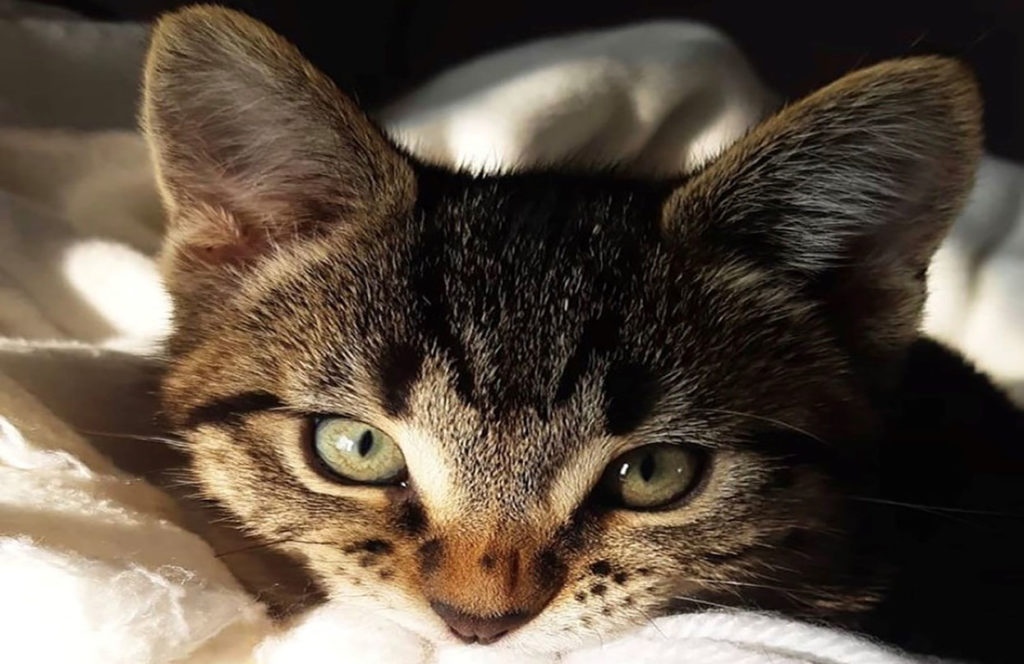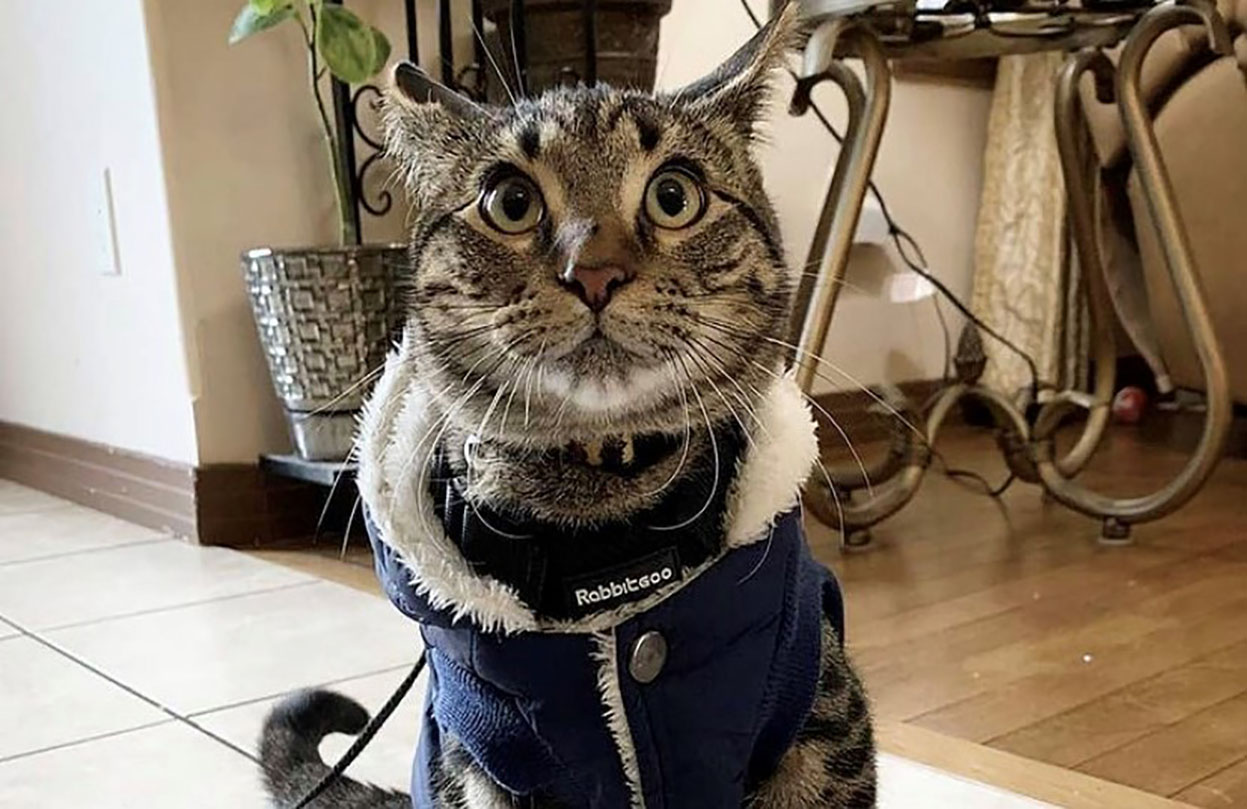What do toilet paper and golden retriever puppies have in common? I’ll give you a hint; it’s not their fluffy, plush exterior.
“Pandemic panic buys” might not conjure up images of puppies and kittens, but once COVID unpacked its bags and got comfortable, dogs, cats, and even goldfish, began flying out of their kennels (or bowls) at record speed.
A Canadian survey conducted by Narrative Research revealed that 18% of surveyed pet owners had adopted their pet since the start of the pandemic.
And the reason?
Loneliness. Lack of human contact. Stress. Take your pick.
The link between pets and mental health has been well supported, whether that is the benefit pets provide to homeless LGBTQ+ youth, those living with prolonged mental illnesses, or the elderly. Cherie St. Pierre, a psychologist at the Glenrose Rehabilitation Hospital, explains that when it comes to mental health, “(pets) play a very valuable role because they give us an outlet, a way for us to destress by doing things like taking them on a walk.”
A physical outlet isn’t the only comfort pets provide. “They give you that opportunity to have someone to take care of,” St. Pierre says. This is vital now, during the pandemic, when positive personal contact is few and far between. “So if you are a person who’s living by yourself,” St. Pierre adds, “(having) an animal there… gives you a bit of a purpose as well as company.”
That’s exactly what happened for new pandemic kitten owner, Javeria Khalid. She and her family adopted a now 10-month-old kitten, Gus Gus, back in September and have trouble imagining life without him. “My sister and I talk about (this) all the time,” she says with a grin. “We’re like, ‘Imagine if Gus wasn’t here right now?’ Imagine. What would I do?”
Khalid, a second-year civil engineering student at the University of Alberta, is keenly aware of the pandemic-sized hole Gus has filled in her life. “At the beginning (of the pandemic),” she explains, “I thought, yeah! It’s just me. I get to spend all the time in my room; I can do whatever I want. And slowly, that was making me lose my mind.”
And Khalid isn’t alone. “Especially if we’re working from home,” St. Pierre explains, “sometimes you can maybe get a little more lethargic, or maybe people, mood wise, are more depressed and have some trouble finding purpose and getting going.” Pets can be the perfect way to combat this helplessness and that general pandemic exhaustion. “(They’re) a reason to get up and get going,” says St. Pierre. “It’s that external responsibility… what you might not do for yourself, you’ll do for them.”
Khalid has found a routine in caring for Gus, despite the disruption of the pandemic, but she cherishes their afternoon cuddle sessions the most. “He’ll sleep in my lap while I’m studying,” she says fondly. “That’s our daily routine. At two o’clock, he’ll come, and he’ll stay asleep until 6 p.m. Four hours.”

The affection we receive from pets can offset the amplified stress and loneliness that we feel during the pandemic. “Just the idea of petting them is a de-stressor,” says St. Pierre. “And the kisses, and the cuddles and the company.” She has one corgi nestled on her lap and another sitting beside her while she discusses all the perks of owning a pet.
St. Pierre says that any pet can act as a support animal, depending on the attention they need and the relationship you have with them. “It doesn’t matter, dog, cat, goldfish,” she says. “Goldfish would certainly be less of a support animal,” she adds with a laugh, “but I hear that they’re very relaxing in terms of being able to watch them.”
While Khalid misses her friends and fellow engineering students, playing and cuddling with Gus has been a way to combat this. “If I’m ever stressed out about school or if I’m just mad, I go and give him lots of cuddles. See, I call him my therapy cat. Whenever I’m sad, I just go and squish him. I don’t know if he likes it, probably not, but it makes me feel better.”
But besides the mental health benefits of owning a pet, St. Pierre attributes the pandemic pet demand to one simple factor: “People have more time,” she says. “You feel like you have the chance to actually take on a pet and be able to train them during the pandemic… and,” she adds with a laugh, “making sure they don’t chew everything.”
The only issue with relying on pets so heavily during the pandemic is that their own mental health can deteriorate. “Because we got (Gus) during COVID,” Khalid says, “he has separation anxiety cause he’s always around someone.” She says that he becomes anxious whenever someone leaves the room and tends to follow Khalid around. Everywhere.
Katie Whitebone, a trainer at the Edmonton Humane Society, says that separation anxiety occurs when an animal is unaccustomed to being home alone. “When they end up inevitably having to be home alone,” she says, “they experience out of context or more than usual stress.” This happens most frequently with dogs, but other animals can experience separation anxiety as well.
The most important strategy to prevent separation anxiety is practice. “Practice putting them in (a) quiet, safe place, giving them something positive at the same time, like a toy to play with or a bone to chew on,” Whitebone suggests. “Leave the house for five minutes, maybe walk to the mailbox and back, and then you come back in and… interact with the (pet).” She explains that these short stretches of alone-time will reduce stress and teach pets that being alone is normal, not scary.
While Whitebone explains that separation anxiety has always been an issue, the pandemic might have worsened the situation. “With more people working from home, it’s possible that there (are) some people out there that haven’t taken the time to practice having their (pet) be alone.” She cautions that this can cause issues when pet owners go back to work.
But for now, while we’re still at home, we’ll watch the stupid things our pets do, laugh at them, and thank the furry gods that we have them to get us through the pandemic. And Gus’ funniest pastime? “Oh, drinking out of the toilet,” says Khalid with a laugh. “The best. He thinks it’s the best water.” Peeing in houseplants is a close second.
Photos courtesy of Javeria Khalid





0 Comments